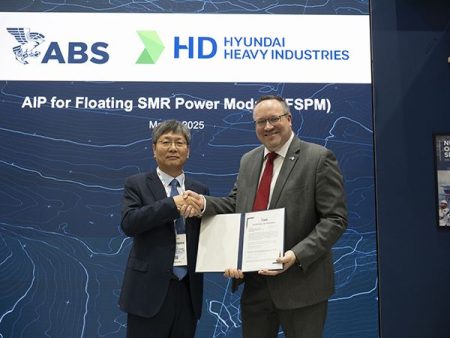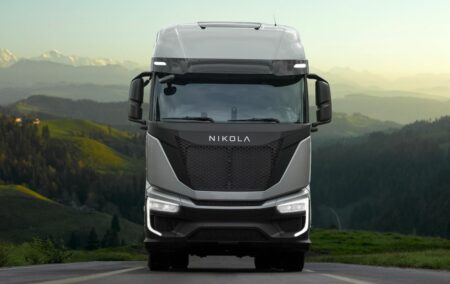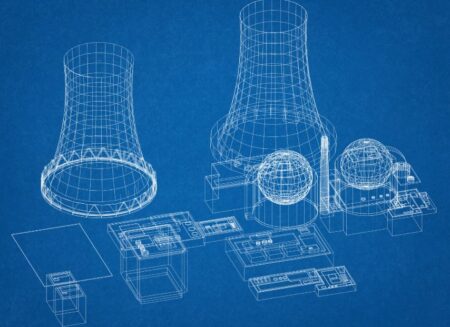Fueling internal combustion engines with hydrogen-methane mixes could reduce carbon dioxide emissions. Super-knock, which damages SI engines instantly, limits its use.
A detonation wave created by a feedback loop between flame heat and engine cylinder pressure causes super-knock. Because hydrogen engines work differently, super-knock is more likely with hydrogen. Methane can smooth combustion and reduce emissions in hydrogen fuel.
Burning these fuels in spark-ignited engines can lead to detonation waves. Deflagration—fuel combustion—propagates away from the spark ignition source in desired combustion. This combustion can cause a detonation wave under certain conditions. This wave eats all the fuel and causes super-knock.
Sandia National Laboratories, Argonne National Laboratory, and the University of Connecticut, Storrs have quantified the effect of non-thermal processes on hydrogen/methane air mixture detonation.
Non-thermal reaction chemistry affected combustion front propagation for an H2-CH4 fuel mixture burning in air in a bounded domain, representing an idealized engine cylinder.
Previous work has shown that in some combustion environments, H + CH3 and H + OH radical-radical recombination and H + O2 radical-molecule association reactions can form long-lived excited-state intermediates (such as CH4, H2O, HO2*) that can undergo subsequent reactions with H, O, OH, and O2 before collisional stabilization (to CH4, H2O, HO2).
The model studied the impact of non-thermal “termolecular” events such radical-radical recombination and radical-molecule interaction. (Termolecular collisions involve any three molecules, ions, or atoms.)
The S3D direct numerical simulation (DNS) code with 1 micrometer spatial resolution showed that non-thermalized reaction chemistry affects chemical reaction fluxes during high-pressure H2-CH4 combustion and the transition of deflagration fronts to fast-moving detonation fronts.
However, chemical explosive mode analysis (CEMA), a reliable computational flame diagnostic tool to systematically detect important species and reactions formed during combustion, showed that, regardless of non-thermal reactivity, temperature and oxygen concentration remain the two most dominant variables affecting detonation formation in H2/CH4-air mixtures under engine relevant conditions.
First, a spark-triggered flame propagates outwards at speed “Sf” while a pressure wave travels at speed “a,” which is substantially higher than Sf. Without termolecular processes, unburned gas near the cylinder wall spontaneously ignites before the spark-triggered flame consumes it.
In the presence of termolecular processes, the spark-triggered flame front and pressure wave coalesce with ‘a’ about equal to ‘Sf.’ The deflagration-to-detonation transition, super-knock without spontaneous ignition in the unburned end-gas, occurs when the pressure wave and spark-triggered flame front are perfectly synchronized.
The researchers suggest including their non-thermal reaction chemistry in H2-CH4 combustion models to accurately forecast flame behavior.








